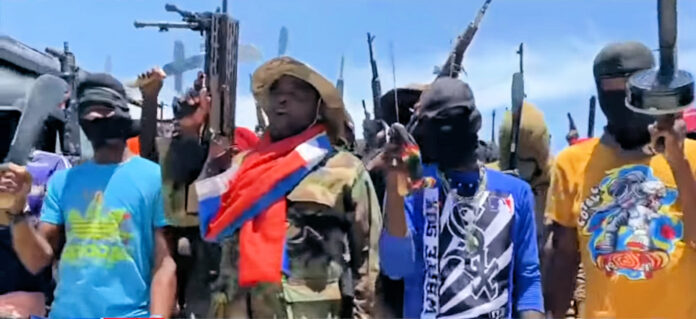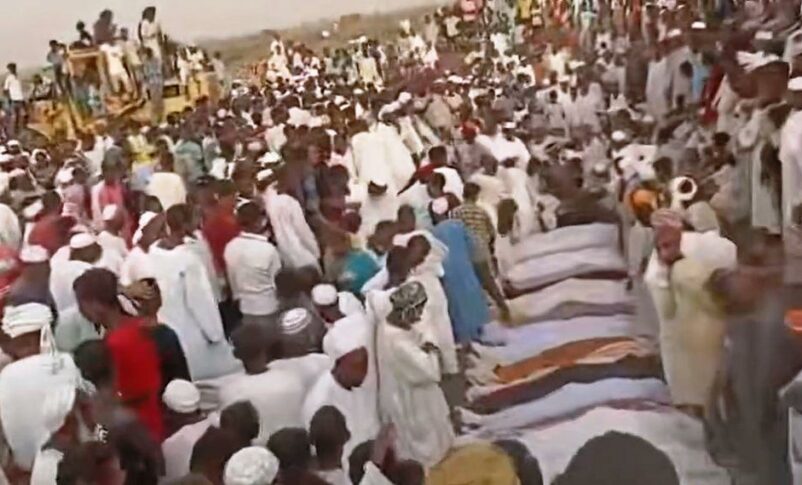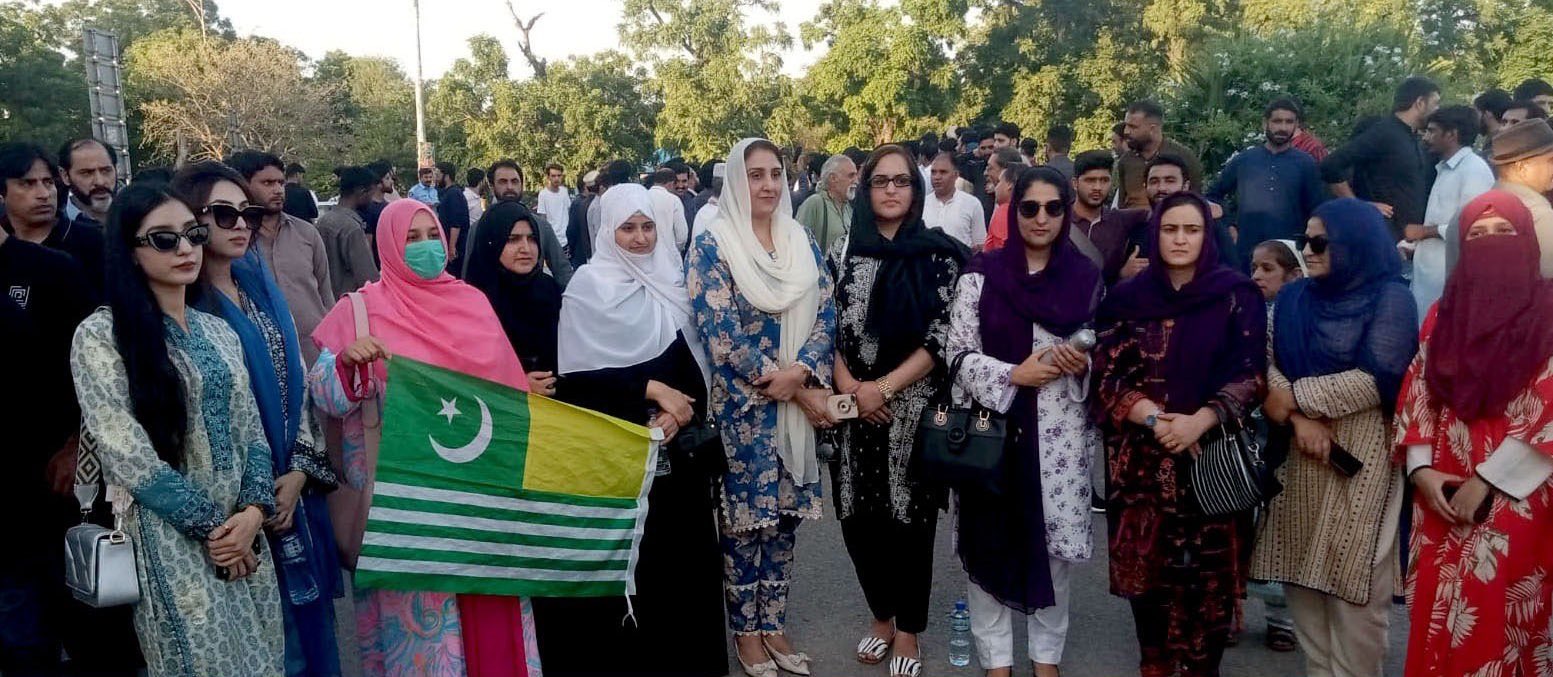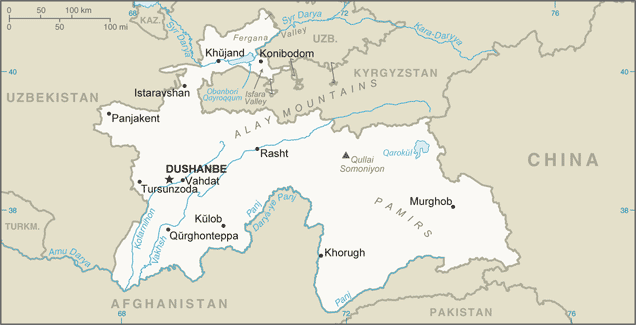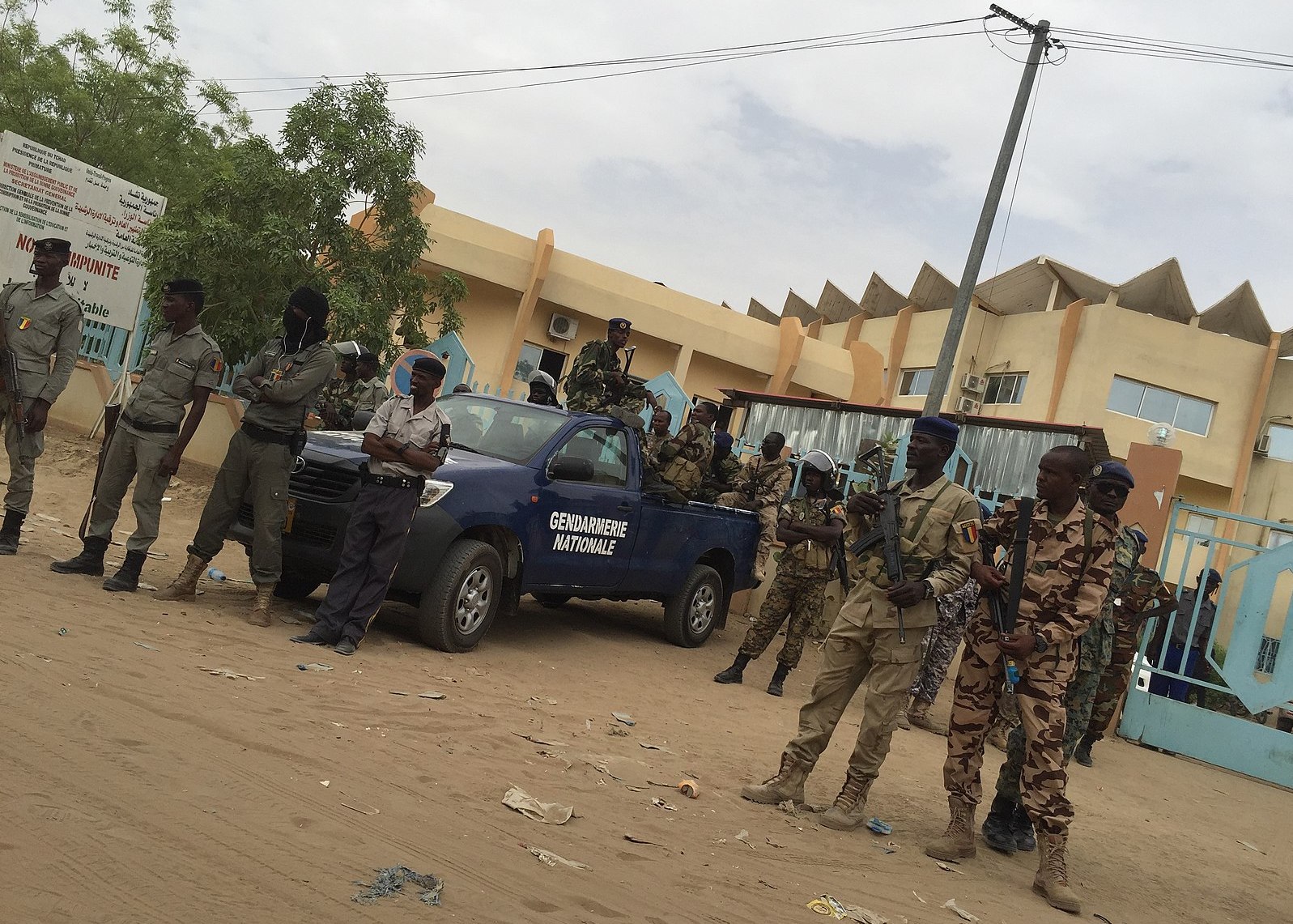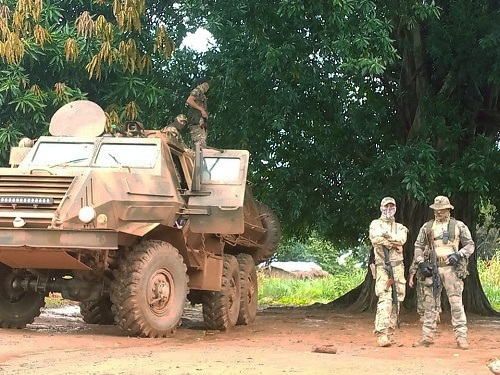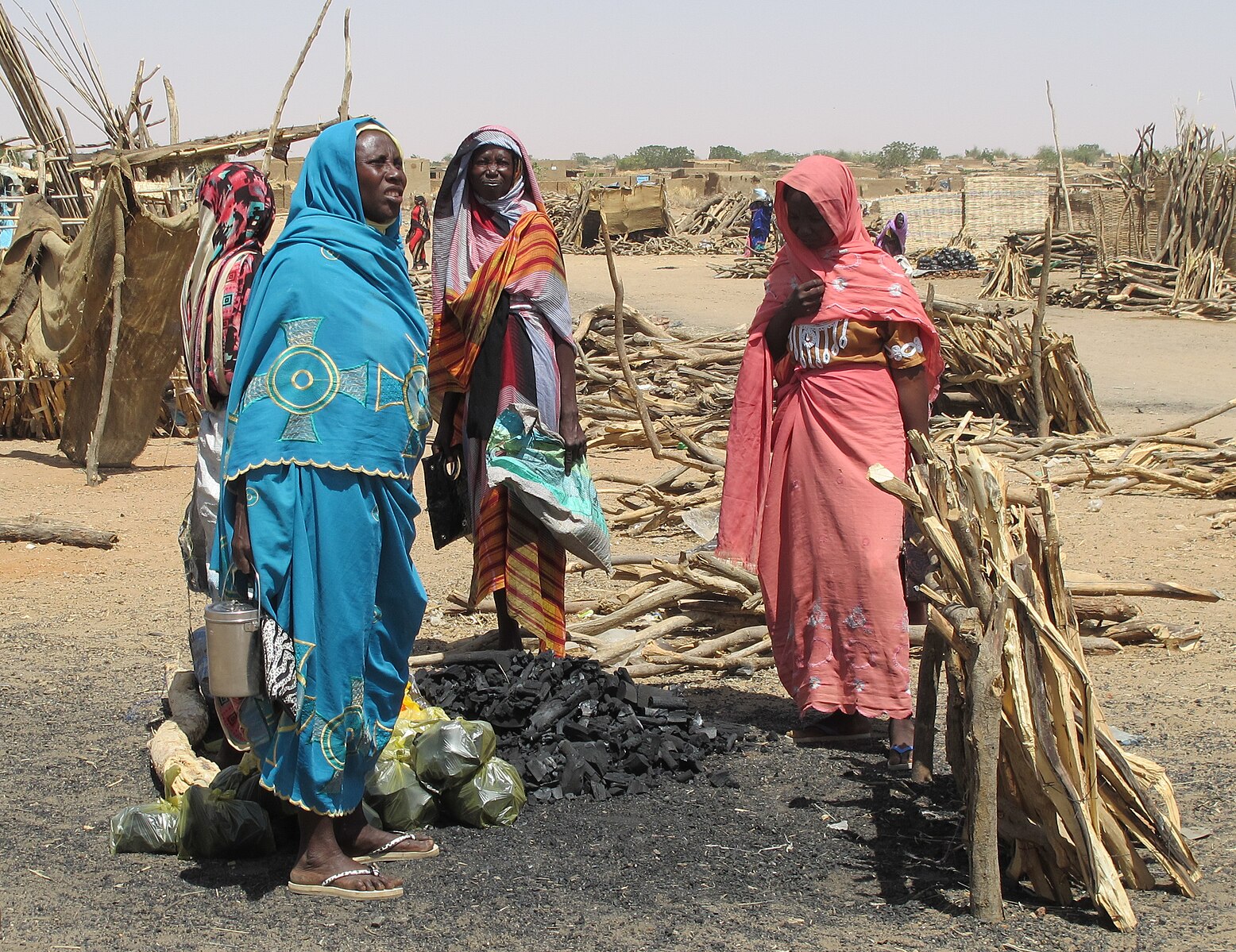
UN: over 10 million internally displaced in Sudan
The UN International Organization for Migration (IOM) reported that more than 10 million Sudanese, over 20% of the population, have been displaced from their homes. An estimated 7,794,480 people have been internally displaced since the current Sudan conflict began in April 2023, while a further 2,238,671 have crossed borders into neighboring countries such as Chad, South Sudan and Egypt. Some half of the displaced are from the especially conflicted western region of Darfur. In a statement last month, the IOM warned of an extreme risk of famine in Sudan. (Photo: Roman Deckert via Wikimedia Commons)



